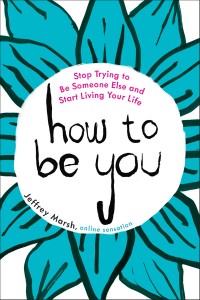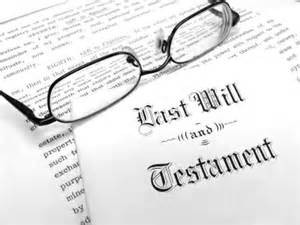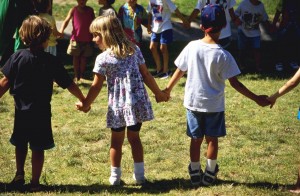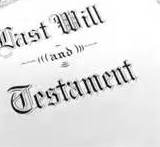How to Be You
 Excerpted from HOW TO BE YOU: Stop Trying to Be Someone Else and Start Living Your Life by Jeffrey Marsh, available August 2, 2016. Printed with the permission of TarcherPerigee/Penguin, a division of Penguin Random House. Copyright Jeffrey Marsh. ©2016.
Excerpted from HOW TO BE YOU: Stop Trying to Be Someone Else and Start Living Your Life by Jeffrey Marsh, available August 2, 2016. Printed with the permission of TarcherPerigee/Penguin, a division of Penguin Random House. Copyright Jeffrey Marsh. ©2016.
#DearJeffrey
How are you so confident in life?
How can I be confident?
The confidence question is the most common one I get across all
social media, and it’s confession time: I’m not confident. At least, I
don’t always feel confident. But I suspect that when people ask me
about being confident they are really asking me about trusting
myself. “How can I be confident?” is another way of saying, “How
can I trust myself?” If you learn to trust yourself completely, deep
down, confidence isn’t an issue anymore. Confidence comes naturally
if trust is present.
Let me back up a second. The first step to developing a strong
sense of trust in yourself is understanding that other people’s opinions
of you are almost always bunk—they are based on next to nothing.
Most opinions are based on next to nothing! I don’t ever feel sure
about anything, and I bet you feel the same way sometimes. Once you
get past the initial shock and fear of realizing that few of us know even
fewer things, it is amazing. It is freeing. It is fun. Feeling sure about
knowing something and learning to trust yourself are two different
things. So do I trust myself more than I trust other people’s opinions
of me? I do now. And that, to me, is what is meant by confidence,
trusting yourself. I couldn’t have any confidence without trusting my
own perspective on the world, instead of someone else’s.
Choose one thing you think you’d like to be more confident
about and take the time to look within yourself. If you want to feel
more confident about reading things aloud at school or at work,
say, you’d need to examine what you’ve already been taught about
reading aloud, and decide what you believe about it. Does the ability
or inability to read aloud mean something about you? Is it something
that everyone should do really well? I’m not saying that uncovering
and trusting what seems true for you automatically makes you
confident, or that, in our example, it makes you excellent at reading
aloud. To me, confidence is not attached to the outcome (whether
you read well or not), it’s attached to the process: How do you treat
yourself while you’re reading aloud? Can you trust your adequacy no
matter what happens? If you know what’s most important to you, it
doesn’t matter whether the reading goes well. This is hard to talk
about because you were probably programmed to focus on how you
perform in that situation. I’m asking you to focus on how you do
what you do. That’s trust. Take a big step back. See a bigger picture.
Trusting yourself in every situation takes time and practice, and it
takes focus. It’s not about reading well, it’s about staying in that
trusting place with yourself while you read. That is the path of a
superhero.
We tend to think of superheroines as the other people, these separate
and superior superhumans who possess extraspecial skills and
thoughts. That isn’t true. They are just people who trust in themselves.
Heroines are just like you. Heroes doubt themselves at first,
just like you, but they go ahead anyway. Maybe what makes people
seem confident is their ability to move forward even as they are
building faith in themselves. They know they might make fools of
themselves; they know they might fall flat on their faces. But they go
ahead anyway, building trust along the way.
I see everyone as a hero. Life can be so tough sometimes. Other
people’s opinions can wear on you. Other people’s hatred can make
life feel very difficult for some of us. Anyone who can go through the
challenges of dealing with others’ negative opinions, of having their
dreams mocked, or their feelings ridiculed, and still get out of bed,
willing to do it again the next day . . . Whew! That person is a hero.
You are a hero.
You need to trust yourself, and your own story. You need to add
yourself to the list of heroic do-gooders because you have something
to contribute. Maybe you don’t wear a cape. (But, of course you
could!) In your own way, though, you are brave. You have the ability
to go ahead and do things you aren’t sure about. You have the ability
to go ahead and try things that other people think are stupid and
wrong, but that you, in your heart, trust is right.
And aren’t you lucky that you have the chance to do that? Aren’t
you lucky that you get this life, this chance, to learn to set aside the
yuck and muck of other people’s sometimes nasty words and do your
best to live your life as fully as you know how? You don’t need to be
confident to do that. You just need to be a dreamer and a questioner,
and have the willingness to trust that your experience—your way of
seeing things—is valid. You need to practice trusting that you are
worthy.


















